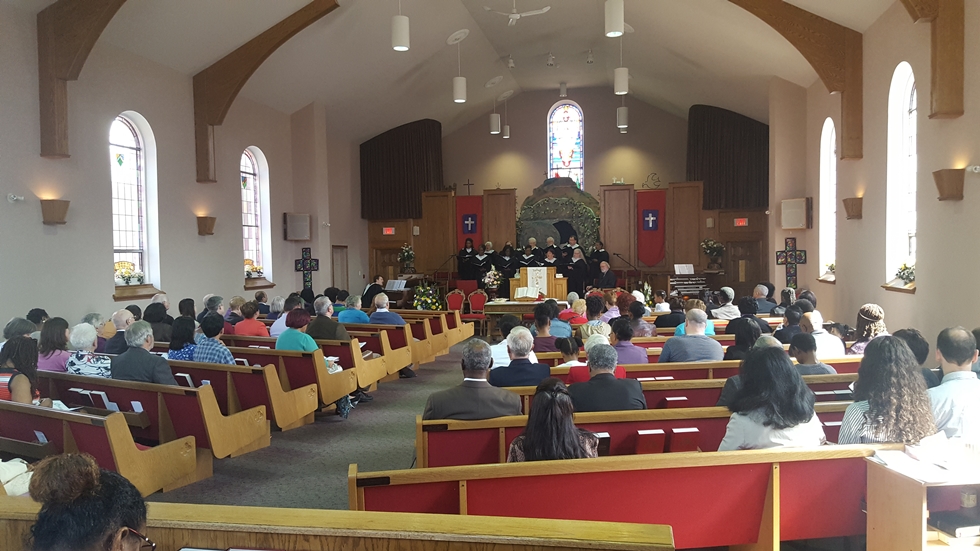Dealing With Error
“Are you not in error because you do not know the Scriptures or the power of God?”
Mark 12:24
Every day we are bombarded by thoughts which are in error. We have to deal with the thoughts of others, whether through the news media, or on television or radio, or even those things which we hear in casual conversation which are in error. I will never forget the person who at a time of significant grief in my family told one of my children that the person who had been lost had gone to live on the moon, never to return. The consequence of that comment, given with the best of intentions to be kind to a small child was difficult to overcome. We constantly have to deal with teaching, and advice which is in error. Some of it is not so easy to detect.
In addition to the errors of others we also have to deal with the erroneous thoughts that we find arising in our own hearts and minds. These can be devastating, leading us into all manner of destructive patterns of living. To this the Lord Jesus Christ asks us a simple question which is designed to redirect us into Godly living. The question is found in Mark 12:24 “Are you not in error because you do not know the Scriptures or the power of God?” This question was asked of the Sadducees, who came to ridicule Jesus by asking Him a ridiculous question which arose out of their belief that there was no such thing as the resurrection of the dead. They believed that this question would expose Jesus as a spiritual bumbler out of His depth in dealing with those who had received a real education in the Scriptures. I once sat at a Ministerial meeting at which a senior pastor in a large church spoke at length about the fact that many uneducated Pastors believed evangelical doctrine, which anyone with half a brain would immediately dismiss. Those precious doctrines of the Evangelical faith are the foundation of all that I believe. The more I search them out the more precious they become to me.
Jesus tells us that we fall into error, in doctrine and in life, because we do not know the Scriptures or the power of God. For those Sadducees the error was that they believed that this life was all that there was. There was therefore no accountability before God for how we live our lives. They then found themselves living as those who had no hope. Perhaps the error that these Sadducees believed can be described by the words of the Apocryphal book called “The Wisdom of Solomon” which predates the time of Christ.
“For we were born by mere chance, and hereafter we shall be as though we have never been, for the breath in our nostrils is smoke, and reason is a spark kindled by the beating of our hearts; when it is extinguished, the body will return to ashes, and the spirit will dissolve like empty air. Our name will be forgotten in time, and no one will remember our works, our life will pass away like the traces of a cloud, and be scattered like mist that is chased by the rays of the sun and overcome by its heat. For our allotted time is the passing of a shadow, and there is no return from our death, because it is sealed up and no one turns back.” (Wisdom of Solomon 2:2-5)
What a hopeless philosophy to live by. There is no comfort here. It is this type of thing that Jesus was confronting with the question of the Sadducees. In all kinds of practical ways we find ourselves drawn into a lifestyle of hopelessness, because we do not know the teaching of Scripture or the power of God. If however we give ourselves over to a Spirit led study of the Word of God we will come to live with a deep awareness of the power of God at work in us. The fruit of this will be a real and living hope in the Lord Jesus Christ. Nothing will ever be the same again.
